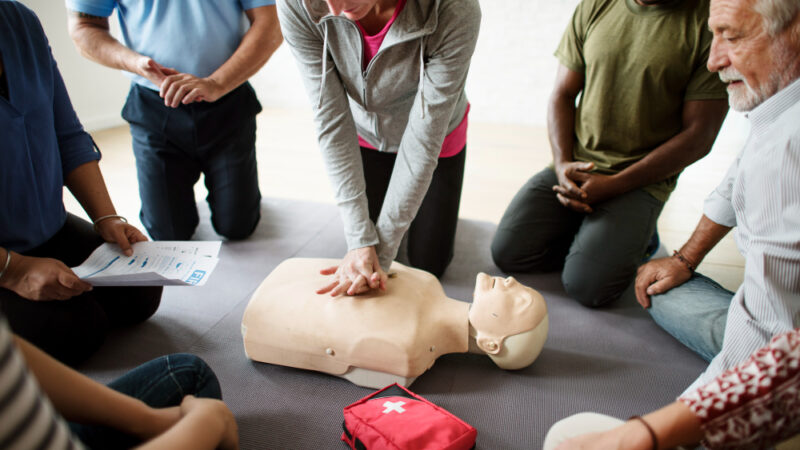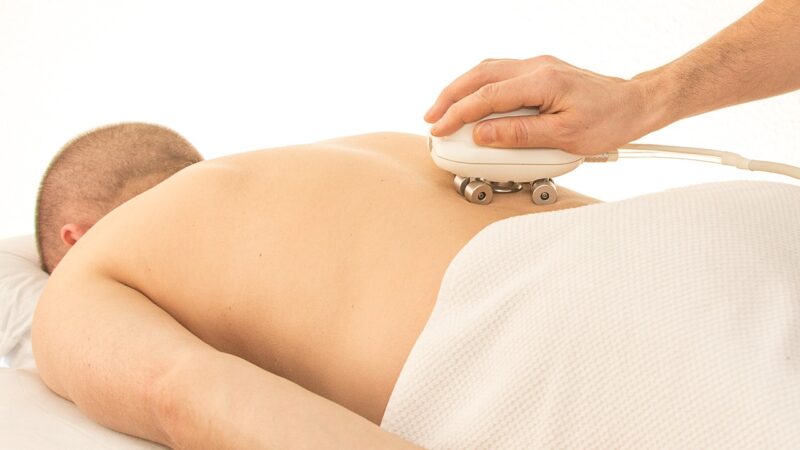How to Avoid Dry Sockets?

Typically when an adult goes for a tooth extraction there is a normal healing procedure in which the blood clot helps heal the area. Sometimes this doesn’t happen to result in a painful dental condition called alveolar osteitis or dry socket. This occurs because the blood clot around the extracted area doesn’t develop but instead dissolves or dislodges leaving the wound unprotected. Thus, the blood clot that was meant to serve as a protective layer over the nerve endings and underlying bone doesn’t do its job. Ideally, this clot helps a new bone to grow and also develop the soft tissue around the area. But without the blood clot, the area is left exposed and unhealed.
A dry socket causes intense pain not just in the socket but also in the nerves around the face. Sometimes the socket can become inflamed and if food debris gets lodged in the area, it adds to the pain. This pain can start after a day or even a couple of days after the tooth is removed. Though it is a common problem, occurring to many adults, especially those who get their wisdom teeth or third molars extracted. How to avoid dry sockets? In this article, we shall be talking about some easy ways you can avoid the excruciating pain that dry socket causes.

What Can Prevent Dry Socket?
If the question of how to avoid dry socket bothers you must follow the instructions of your dentists after your tooth is extracted. Your dentist in Cornelius, Charlotte, Huntersville, Mooresville, Statesville, Davidson, Kenansville, Concord, or elsewhere in North Carolina will instruct you with a few dos and don’ts that you should follow. If proper post-extraction care is followed at home, then you will not suffer from the dry socket or the pain caused by it will be less. Keep the following things in mind.
-
Manage the Pain
In any dental procedure, be it tooth extraction or dental bone grafting, the first thing you will be advised to do is to manage the pain. Keep cold compressions ready and even if there is the slightest pain, put them over your mouth around the affected area. After the cold pack, alternate with warm packs. This will decrease the pain and swelling. If your doctor has suggested pain medications, you should take them as well.
-
Take Care of the Beverages You Drink
You must drink lots of water after the procedure. But you need to take care to avoid certain kinds of beverages such as alcohol, carbonated drinks, caffeine, and even hot beverages. It is also important that you do not drink using a straw. Sucking through a straw may dislodge the clot around the socket doing you more harm than any good.
-
Eat Soft Food
On the first day of recovery, eat only soft food. Remember that the food shouldn’t be too hot or too cold as it will irritate the area and cause discomfort. Once the initial discomfort is gone, try eating semi-soft food. Don’t avoid soft food for too long. Dentists also recommend after every bone grafting charlotte NC procedure to avoid chewing on the side of your mouth that had the surgery.
-
Clean Your Mouth Carefully

The first 24 hours after any oral and facial surgery is crucial. You have to be mindful of how you clean your mouth initially. During the first 24 hours, rinse very gently and avoid brushing your teeth. After that, rinse only using warm saltwater. This can be done several times per day according to your convenience. Brush your teeth only if you are comfortable doing so. Avoid it if you feel any pain or discomfort.
-
Avoid Smoking or Chewing Tobacco
Do not smoke or chew tobacco for the first few days after your oral surgery in North Carolina. Using them will complicate the healing process and increase the risk of complications.
A dry socket can be easily avoided if you are careful of your oral hygiene for the first few days. If you are careful of what you eat and drink during the first 48 years after surgery, you can also avert any risk of getting a dry socket. However, if comfort persists, get in touch with your doctor immediately. Early treatment can help minimize the pain.






